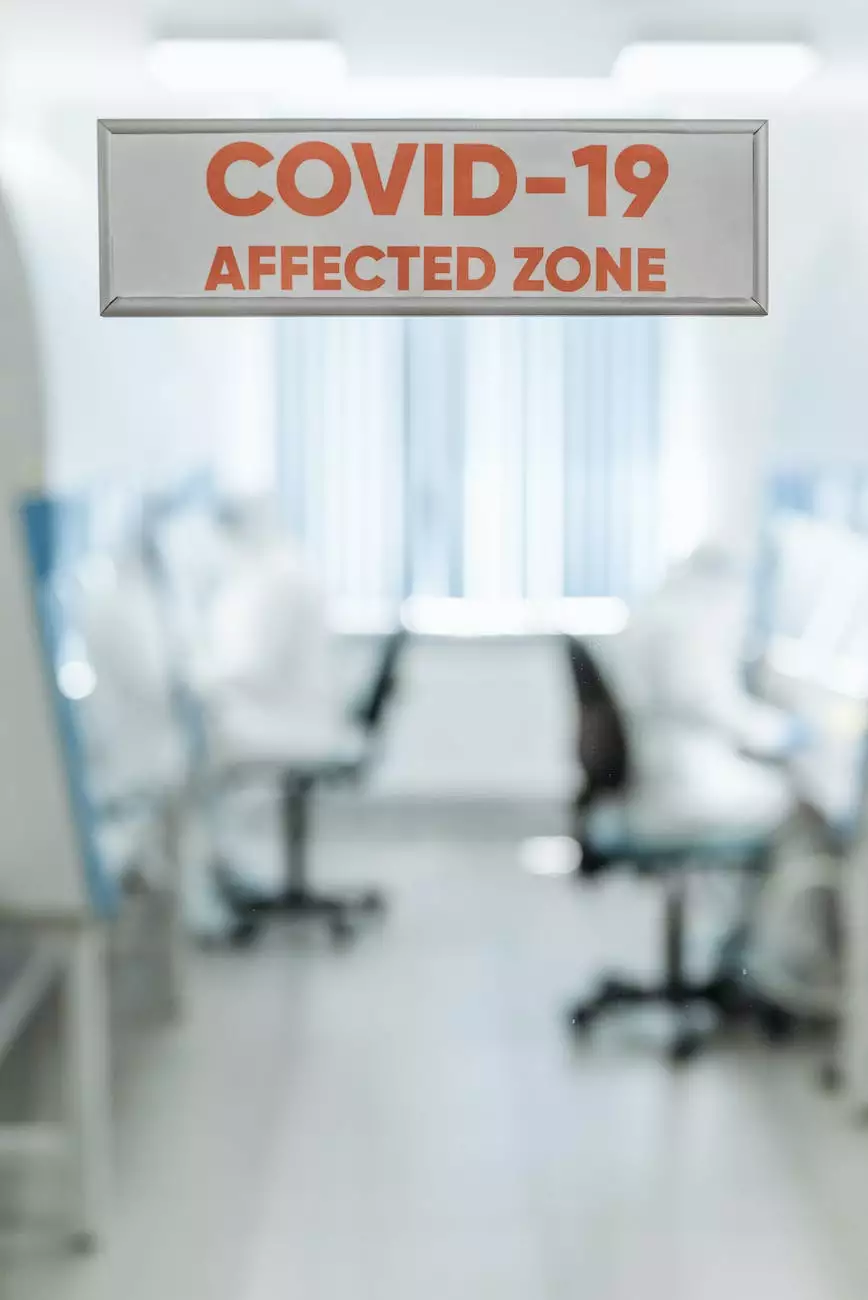Signs of Very High Triglycerides
Services
Welcome to the page dedicated to understanding and recognizing the signs of very high triglycerides. If you are looking to gain valuable knowledge about this condition and how it affects your health, you've come to the right place. Benjamin Shettell, MD, a trusted expert in the field of health, is here to provide you with comprehensive information on identifying the signs of very high triglycerides and the importance of managing them.
Understanding Triglycerides
Triglycerides are a type of fat found in your blood, and they play a vital role in providing energy for your body. However, when the levels of triglycerides in your blood become abnormally high, it can have serious implications for your health.
High triglyceride levels have been linked to an increased risk of cardiovascular diseases, including heart attacks and strokes. It is essential to be aware of the signs of very high triglycerides so that you can take proactive steps to manage and reduce them.
Key Signs of Very High Triglycerides
While high triglyceride levels initially may not cause noticeable symptoms, there are certain signs that may indicate you have very high triglycerides. These signs can include:
- Persistent Fatigue: Feeling extremely tired, even after getting enough rest, could be an indicator of elevated triglyceride levels.
- Recurrent Abdominal Pain: Cramping, discomfort, or pain in the abdominal area can sometimes be associated with high triglyceride levels.
- Frequent Skin Conditions: Skin problems like xanthoma, which are yellowish deposits of fat under the skin, or eruptive xanthomas, which are small, reddish-yellow bumps on the skin, may be indicative of very high triglycerides.
- Pancreatitis: Recurrent episodes of pancreatitis, characterized by severe abdominal pain, nausea, and vomiting, may be a result of excessive triglycerides.
- Unexplained Weight Gain or Obesity: Rapid weight gain or obesity, especially around the abdomen, can be a sign of elevated triglyceride levels.
- Cardiovascular Complications: High triglycerides often accompany other cardiovascular risk factors such as high blood pressure, high cholesterol, and diabetes.
Why Managing Triglycerides is Crucial
It is vital to recognize the signs of very high triglycerides and take appropriate action to manage them due to the potential health risks associated with this condition. By actively working to lower your triglyceride levels, you can:
- Reduce Cardiovascular Risks: Lowering triglycerides can help decrease the chances of developing heart diseases, heart attacks, and strokes.
- Promote Overall Heart Health: Managing triglyceride levels can support the health and proper functioning of your heart and blood vessels.
- Improve Blood Sugar Control: Reducing triglycerides can be beneficial in managing diabetes and maintaining stable blood sugar levels.
- Enhance Energy Levels: By achieving healthier triglyceride levels, you may experience increased energy and reduced fatigue.
- Control Weight: Addressing high triglycerides can aid in weight management and prevent obesity-related complications.
Trusted Care from Benjamin Shettell, MD
If you have recognized any of the signs mentioned above or you simply want to ensure your triglyceride levels are within a healthy range, seeking the guidance of a knowledgeable healthcare professional is crucial. Benjamin Shettell, MD, specializes in providing expert care and personalized guidance for individuals with high triglyceride levels.
Dr. Shettell understands that every individual is unique, and he takes a comprehensive approach to help you manage your triglyceride levels effectively. With his expertise and compassionate care, he will work with you to develop a personalized treatment plan that addresses your specific needs and goals.
Don't neglect the signs of very high triglycerides - take proactive steps towards a healthier life. Contact Benjamin Shettell, MD today to schedule a consultation and start your journey towards better heart health.










